In the Alters’ World (and the series of books found here), creatures of legend reveal themselves to the world. Born through genetic abnormalities, defects and mutations, the Alters have lived for centuries as outcasts of human society, hiding their true nature from the world while colorful stories have been written by many to describe what they’ve seen. How are these creatures different from what was described in the stories? What relationship do they have with humanity? Every entry of the Alterpedia will delve into a new creature from around the world. This week we cover:
Elves
The woodland spirits of magic and mystery that have been depicted many ways over the years and rarely in a stable fashion. They’ve been everything from mischievous spirits to detached angelic beings. They’ve become the subjects of folklore, legend and movies adapted from books that didn’t really feature much of them.
So which is the true depiction? How do you separate the different depictions and sort them out? How far off was Tolkien? Let’s find out.
Appearance
Mythology
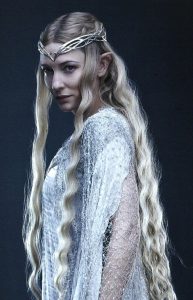
The first mention of creatures known as “elves” came from Norse mythology referring to one of the independent races in the Norse cosmology. The Ljósálfar, light elves, were divinely beautiful beings that existed in Alfheim, a world separate from Midgard, the world of man. These elves were elegant, beautiful creatures in much the same way as the modern Tolkien-esque interpretation commonly found today.
On the other end of the scale were the dark elves, the Dökkálfar, and the similar, but sometimes unassociated, Svartálfar. These creatures were described often as “swarthy” and short, hairy and somewhat less pleasant to look at than their light cousins. They would often be prone to hiding in the darkness, though they themselves were often darker skinned than their light elf cousins above despite an apparent lack of sunlight.
What is common in many depictions are pointed ears adopted from their representations in the form of house elves and fairies. Though it’s not much to go on, it’s a symbol of their kind so powerful that some people have gone so far as to mimic it.
 |
| not recommended |
Alters
Elves in the Norse tales and in Tolkien’s works are fairly close. Elves as Alters are typically very lean and well built due to their natural metabolism and resistance to illness. Though there is no definite division between the Ljósálfar and the Dökkálfar, as elves can have a wide variety of skin tones, it is quite common for Elves to be either very pale or incredibly dark. Regardless of this, many of the other descriptions of them, particularly those regarding the Svartálfar, are not related to the Alters they were based on.
In fact, over time the stories of the Svartálfar have attributed to Dwarves, a race that has a great degree of contrast to their Elven friends but spent so much time with them that it was easy to assume they shared an origin.
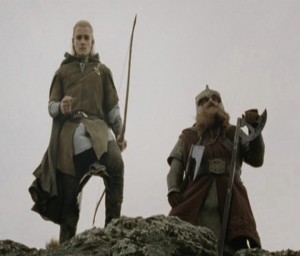 |
| Despite obvious differences |
The ears, most importantly, are a genetic quirk due to their incredibly long lives. As many know, ears are prone to continue growing throughout one’s life. This is no less true for Elves who remain ageless while their ears continue to expand. Due to genetic abnormalities, their normally somewhat pointed ears soon become incredibly long and sharp in appearance. Often, the length of an Elf’s ears will give you a guideline to judge how old they may be much like the rings of a tree.
This, of course, has resulted in an increase of ear reduction surgeries to try to conceal their ages and, before revealing themselves, these were often put on insurance forms as elective surgery for the sake of making their ears appear more “Vulcan” for conventions.
 |
| Doesn’t look a day over 200 |
Talents
Mythology
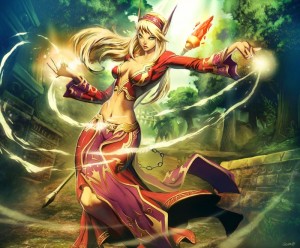 |
| source |
Elves are mystically talented and powerful in arcane magic. Though the nature of their magic is often vague, their abilities in folklore and legend are nearly limitless. Often their abilities are used in trinkets or in acts of creation, sometimes attributed to their lesser cousins the house elves who would act in secret in the middle of the night. Elves have been responsible throughout their different appearances as capable of either great blessings or powerful curses and often use these abilities with little care for the general outcome if it has no impact on themselves. This means that their magic, while generally undefined, leaves a lasting impact on lore from almost all corners of the world.
Alters
Elves are incredibly intelligent. In the ancient times their work in archaic forms of science resulted in nearly supernatural results that left the people around them dumbfounded. Many fields of research of ancient Elves led to the creation of imperfect human attempts to recreate them such as Alchemy and Astrology. Over time, as humans learned the true nature of science and started to achieve the same accomplishments, Elves have continued to be slightly ahead of the curve and will often make late night corrections to human projects.
Combined with their naturally long (biologically immortal) life-spans, this has resulted in a great deal of knowledge gathered over the course of an Elf’s natural life. Though no one is certain of the natural life expectancy of a typical elf, what is known is that they live long enough to complete what a human would consider a “lifetime’s worth” of work on any subject several times over. With this natural intelligence and longevity, the typical Elf is usually among the most skilled of any subject they have taken an interest in.
Though the exact scope of their contribution is easily muddled by time and imperfect historical records, it is safe to say that Elves have made great contributions to metallurgy, astronomy, chemistry and physics. Elves may have been responsible for early computers, engines and alchemical feats such as gunpowder. This also means that, indirectly, they’re also responsible for a great deal of modern warfare – thus the stories of curses.
Behavior
Mythology
Elves have historically been seen as mercurial beings. They are said to have little care for humans and the human world, but they are not beyond doing things for their own amusement or out of unexplained whims. Many times an Elf will do things that benefit themselves, seen by humans as good or evil, but rarely do this out of any real moral consideration in regards to humans.
Essentially, Elves do what Elves want to do, and often without any tangible explanation for their actions.
Modern interpretations represent them similarly distant to people. Tolkien’s Elves were noble and dignified people that, while not being uncaring, saw little reason to involve themselves in the affairs of any other race. They were, in essence, pragmatic above all else.
Alters
The closest analogy for an Elf’s personality in the animal kingdom would be another creature quite popular on the internet:
Elves are, in fact, quite curious and rambunctious creatures that spend a great deal of their time getting into trouble and examining things that happen to have caught their attention. This curiosity is incredibly beneficial to them as scientists and may be why they mastered it so much sooner than many other races.
It’s also true that they’re a bit detached from people due to an incredible independent streak. Elves are very attached to their sense of identity and self, often eschewing following specific trends and instead clinging to things that they’re personally attached to. They often have problems with authority and social etiquette, instead focusing on what makes them personally comfortable whenever possible. Some could think this makes them selfish and inconsiderate. But, like cats, it’s rarely a conscious decision and is more part of their nature and they can be quite caring for people they have become personally attached to.
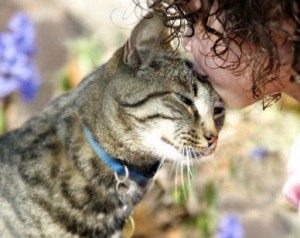 |
| They’ll even cuddle |
However, due to a long history of close proximity and conflicting social etiquette, Elves have a long standing rivalry with the other major craftsmen of the Alter world: Dwarves. In fact, one would say they’re somewhat naturally competitive with each other.
Nailed it.
(And if you’re as curious as an elf, may I suggest trying out my books, available at most major online book retailers. They’ll be well worth a fraction of your life-span.)


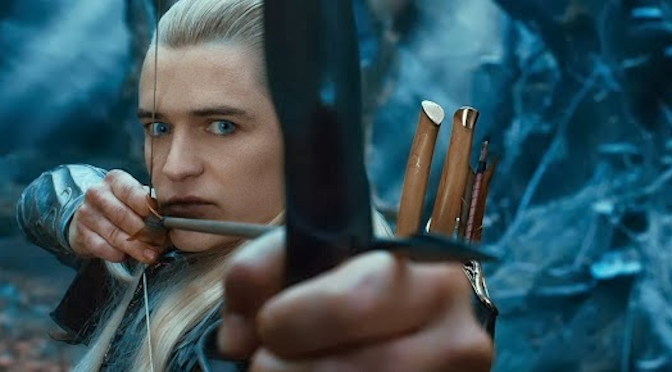
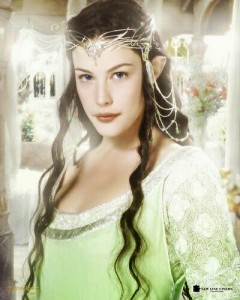

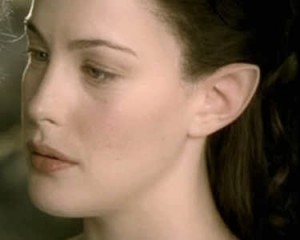
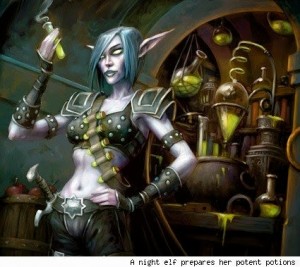
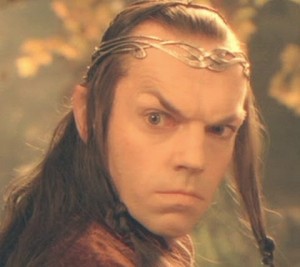
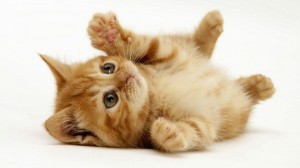





One thought on “Alterpedia: Elves”
Comments are closed.